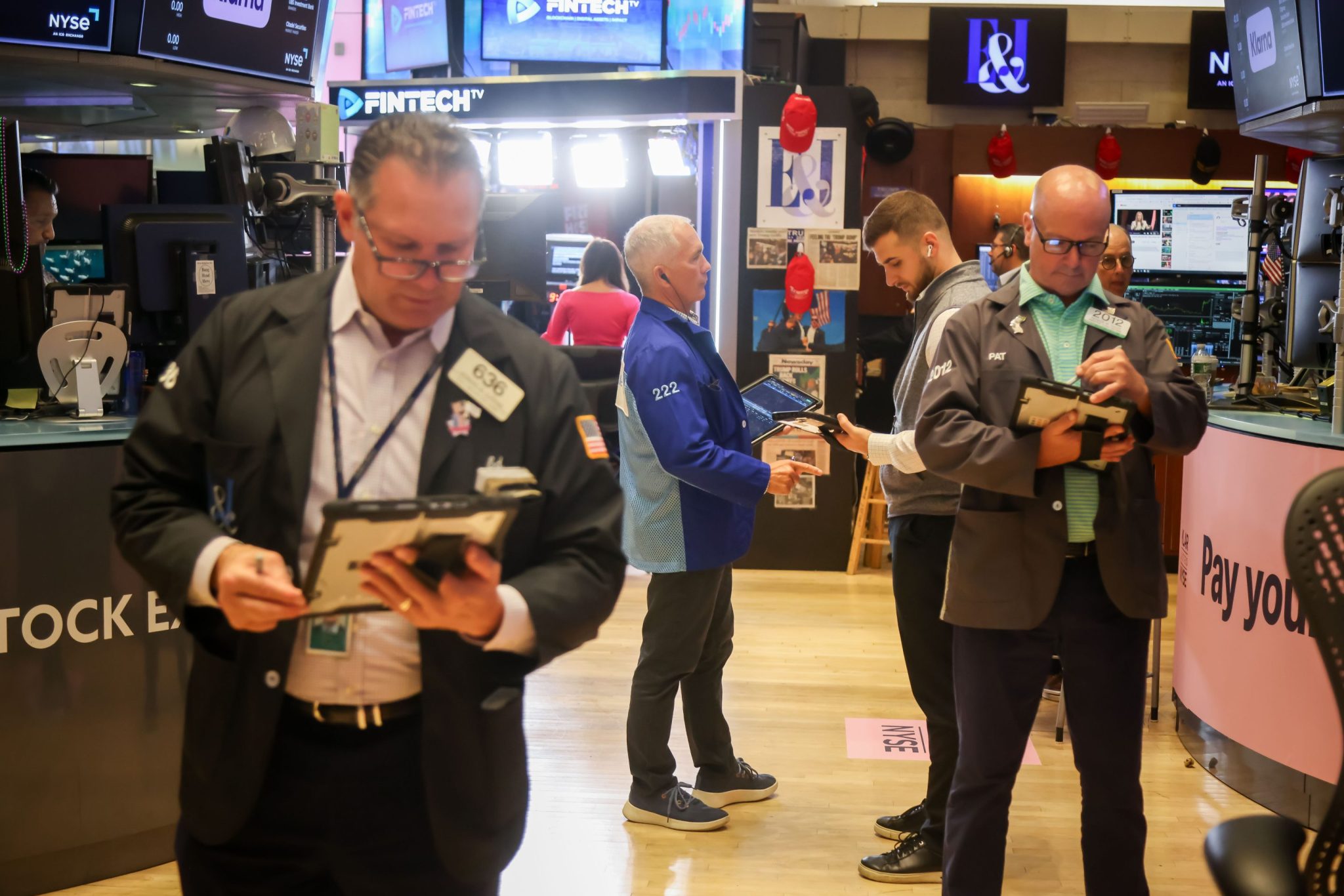- Oscar-winning filmmaker Spike Lee knows first-hand that success doesn’t come easy—after early rejections from film schools, he spent decades fighting for his place in Hollywood. Now, speaking on Michelle Obama’s podcast, the Oscar award-winning star is warning Gen Z not to fall for the myth of overnight success, but instead to focus on perseverance and finding the career that gets them out of bed without hitting snooze.
To the outside world, success can look deceptively effortless—leaving aspiring leaders desperate to find the shortcut to the top. However, according to the Academy Award-winning filmmaker Spike Lee, the fast lane is all a lie.
“There’s no such thing as overnight success, because a lot of people, they say that, but they want to leave out that they were giving blood,” Lee recently revealed on Michelle Obama’s podcast, IMO.
Even the former first lady backed him up, noting that “they don’t tell you the back story, the dark side.”
For Lee, the battle with success is personal. Even though he’s known today for being an Oscar and Emmy award-winning filmmaker—directing hits like Malcolm X and BlacKkKlansman—it took decades of fighting tooth-and-nail for his seat at the table.
And because people tend to agree it takes 10 years to become an “overnight” success, the true secret to standing out may lie in finding a job that fuels passion every day for years to come.
“I tell my students, [the] first day of class, ‘I hope you are here because this is what you want to do the rest of your life because you want, because this makes you happy,’” Lee explained on Obama’s podcast.
Once you’re able to find that lane, getting up every morning and chipping away at success won’t feel like a hassle—it’ll feel like a joy, he added.
“If you have a job occupation that you love—that’s a home run, that’s a three-pointer, that’s an 80-yard field goal—you don’t need to hit the alarm four times to get up. You do that when you hit a job you hate. When I’m shooting a film, I don’t have an alarm.”
A success story decades in the making
As a student himself, Lee faced setbacks left and right. After graduating from Morehouse College in 1979, he decided to pursue film school, but he quickly realized the path many Hollywood stars took wasn’t going to work for him.
“That whole thing of…moving out to L.A. and working your way up from the mailroom, that don’t work for Black people,” he told LinkedIn in 2023.
Lee was rejected from film schools on the West Coast, including the University of Southern California and the American Film Institute. He eventually landed at New York University to work on his master’s in fine arts (MFA), but even then, he admitted he was almost shown the door in the early 1980s after poor evaluations for his short film addressing racism in the industry.
“It’s not like you’re just out there, and the hand of God is going to come down from the heavens and say, ‘You are the next one.’ That is BS,” he added in the LinkedIn interview.
Instead, hard work is what pays off—and it did for the 68-year-old. After making a name for himself in Hollywood working with stars like Denzel Washington and Samuel L. Jackson, Lee rose to become one of the nation’s most well-known filmmakers. By 2014, he was named a tenured professor at NYU, and he is now the artistic director for the school’s graduate film program.
Successful people who took the long way
Looking back at Lee’s story, it might seem that discovering his passion for film early made his path to success easier. But that’s not always the case—many of today’s leaders spent years searching before finding their true calling and seemingly being “overnight” successes.
For example, Amazon CEO Andy Jassy first worked in sportscasting and music management before joining the tech giant as a marketing manager seven years after obtaining his undergraduate degree. The company’s founder, Jeff Bezos, also had a nontraditional start to success: flipping burgers at McDonalds.
Bob Iger, the CEO of Walt Disney, spent his career’s early days predicting the weather for a local news station in upstate New York before later finding a passion for media management.
Ultimately, no matter how long it takes for you to discover and reach your career goals, Lee said it’s paramount to never give up just because it gets hard.
“There are going to be times where you want to cry and you want to quit,” Lee said at the LinkedIn summit. “You can’t quit. You’ve got to keep going.”
This story was originally featured on Fortune.com

 3 hours ago
1
3 hours ago
1










 English (US) ·
English (US) ·